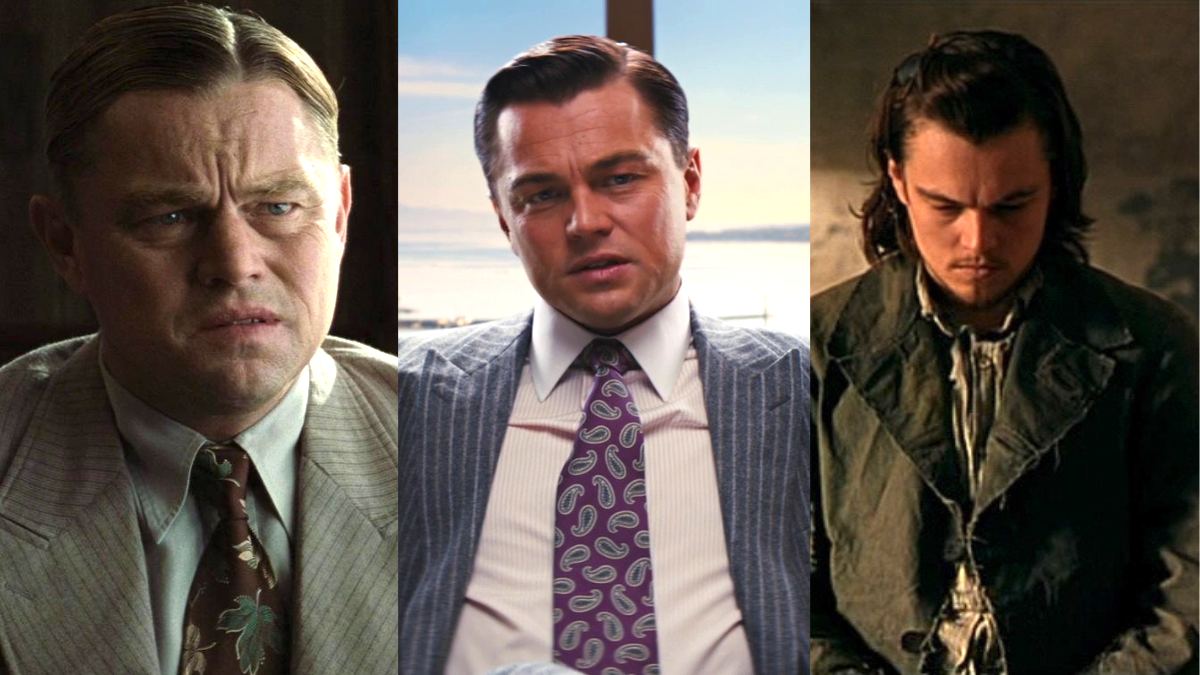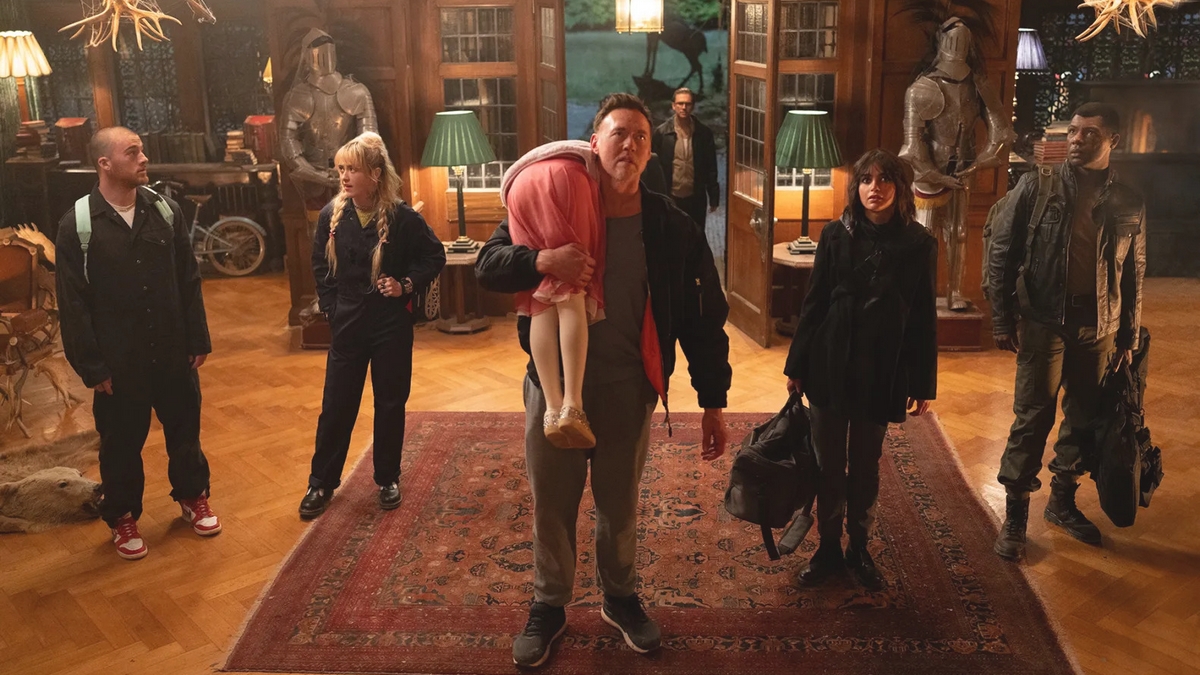
Who’d have ever thought that a film about an urban-based, black lesbian’s coming out could turn out to be such a universal coming-of-age story? Well, Spike Lee for one. Writer/director Dee Rees left a corporate job to intern for Lee and he was instrumental in getting her debut feature, Pariah, made and onto the big screen.
It’s a good thing too; Pariah is exactly the kind of film you don’t know you’re longing to see until you’re in the middle of experiencing it. On the surface it may seem to be about a very specific segment of the population, but in reality there’s a little something for everyone in this emotionally ragged indie.
The film begins in a crowded lesbian dance club. 17-year-old Alike (the incredible Adepero Oduye, in real life 33-years-old!), is tagging along with her out and proud friend Laura (Pernell Walker) who’s relishing the buffet of good-looking women at her fingertips. Alike however is a long way from feeling at ease in these surroundings. She thinks this is where she wants to be, but her downcast eyes and hunched posture tell another story.
Alike (pronounced A-lee-kay, but she goes by “Lee”) lives a seemingly stable life: she has a doting police detective dad (Charles Parnell) and a protective, churchgoing mom (comedian Kim Wayans making a striking dramatic debut). She’s also a straight-A student with a passion for writing poetry that wows her teachers.
Yet there are secrets lurking behind the doors of their neat and tidy row house. Her Father is consumed with keeping his after work activities secret and her Mother refuses to admit that their marriage is collapsing, or that Alike is miserable and clearly leading a double life.
For her part, Alike plays the role of dutiful daughter, leaving the house in the pink frilly clothing her Mother buys for her, then changing into her tomboy uniform when she’s on the bus, and reversing the ritual on the way home. She’s disgusted with herself for giving into her Mother’s vision of who she should be, angry that the facade still feels necessary. It’s a quintessential hallmark of adolescent experience that will ring true to anyone who’s ever had parents who just don’t understand.
As the situation at home intensifies, Alike stumbles along her tightrope walk between her two worlds, attempting to live up to her parents’ expectations while at the same time exploring the possibility of first love with Bina (Aasha Davis), one of the few friends her Mother approves of.

It’s an involving story that’s both deftly relatable and urgently progressive. Rees’ distinctive style and strong instinct for keeping her characters grounded in emotional reality is complimented by an infectious soul and hip hop-fuelled soundtrack and some gritty camerawork that makes the viewer feel like a peeping tom.
The film cleverly navigates the complicated nature of sex, love and the unease that comes with manoeuvring those unknown waters for the first time: especially in a case like Alike’s wherein her natural impulse to find love for herself clashes with her need for acceptance and love from her parents.
It’s the sort of subject matter that’s prone to over dramatics, yet Pariah is able to express all of those recognizable teen agonies without bowing to melodramatic overstatement or to the expected pitfalls of soapy domestic confrontation. Instead it uses Alike’s quiet determination and sweet naiveté as an anchor, allowing the story to progress around the character as she dances that fluctuating line between fear and budding hope.
In fact, Pariah’s innate truth and beauty can best be expressed through a line in one of Alike’s poems: “Even breaking is opening. And I am broken. I am open.”






